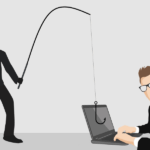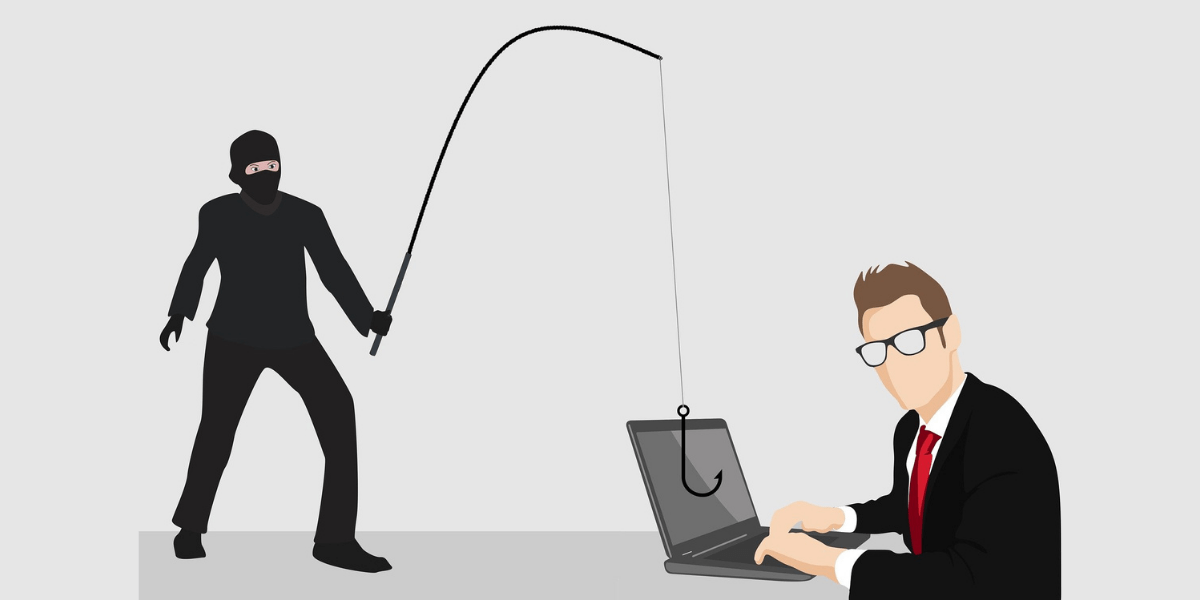Identity theft is no laughing matter, and it’s shocking how easily it could happen. A large portion of identity theft happens online, where a fraudster gets a hold of a law-abiding citizen’s personal information and proceeds to use it for nefarious purposes. Read this blog to know identity theft prevention tips, prevent identity theft, computer security tips, prevent identity theft tips and much more.
In recent years, there have been a number of highly publicized data breaches affecting millions of Americans. These data breaches open the door for fraudsters to steal identities by the dozen. Even despite these incidents, there are things that you can do to protect yourself.
Computer Security Tips to Prevent Identity Theft
Be careful opening links and files sent to you via email.
One of the biggest ways people end up with viruses on their computer and stolen info is by clicking on fake links. These links, also known as phishing links, are disguised as real links and are designed to get an unsuspecting computer user to input their information in order to get access to something.
Check every link you click carefully. If it doesn’t look right, or if it doesn’t originate specifically from the correct website (for example, if it’s chase.banking.com instead of https://chase.com) then it’s likely a fake and you should delete the email! Keep reading this blog on identity theft prevention tips.
Not only that, but only open files sent by people you trust. To be even more specific, only open files that you are EXPECTING from people you trust. If you get a file that looks like it’s from a trusted person, but you’re not sure what it is, give them a call and ask about it. Opening links without being careful is one of the easiest ways that viruses spread!
Use a password manager.
One big mistake a lot of people make is using the same password and email combo for everything they do on the Internet. This is a grave mistake, as one data breach could give a hacker access to ALL your accounts. Some people even use the same password for their banking! If this is you, you need to change this immediately. Keep reading this blog on how to prevent identity theft.
Problem is, nobody wants to keep a password book or remember a bunch of different passwords. Fortunately, password managers like KeePass and LastPass have the solution. All you need is one master password to grant access to a password manager that will store and input your many different passwords and logins for everything you do online. Best of all, your passwords are stored and encrypted so even if someone did get a hold of the password file, they wouldn’t be able to do anything with it unless they knew your master password! Keep reading this blog on identity theft prevention tips.
Using a password manager also makes it easy to change your passwords on a regular basis, which prevents you from being a victim of data breaches.
Keep up to date on news involving data breaches.
Data breaches can come out of nowhere. Hackers work day and night to take advantage of security vulnerabilities that exist in large company and government databases. This way, they can get a lot of data all at once. Fortunately, this also means that they’re not able to do much to everyone that gets hacked.
There’s a website called https://haveibeenpwned.com that keeps track of data breaches involving personal information. By simply giving them your email (and nothing else!) they can check if your email address was involved in a data breach.
If you do find that you’ve been affected by a data breach, do the following steps:
- Virus scan your computer.
- Change your passwords to as many sites as possible.
- Check your credit report for fraudulent items.
- Initiate a credit freeze if you think you’re at risk.
Check your credit report regularly!
Even after following all the steps and necessary protocol to prevent identity theft, things can still happen. The most important thing is that you aren’t affected if fraudsters somehow get the ability to take out loans in your name.
You should also be watching your credit card balances frequently in case your information has been stolen. In cases like these, you can initiate chargebacks due to fraud and close your credit card (without harming your credit score: simply report your card as stolen).
Want to learn more about how you can prevent identity theft? Check out these identity theft prevention tips!


